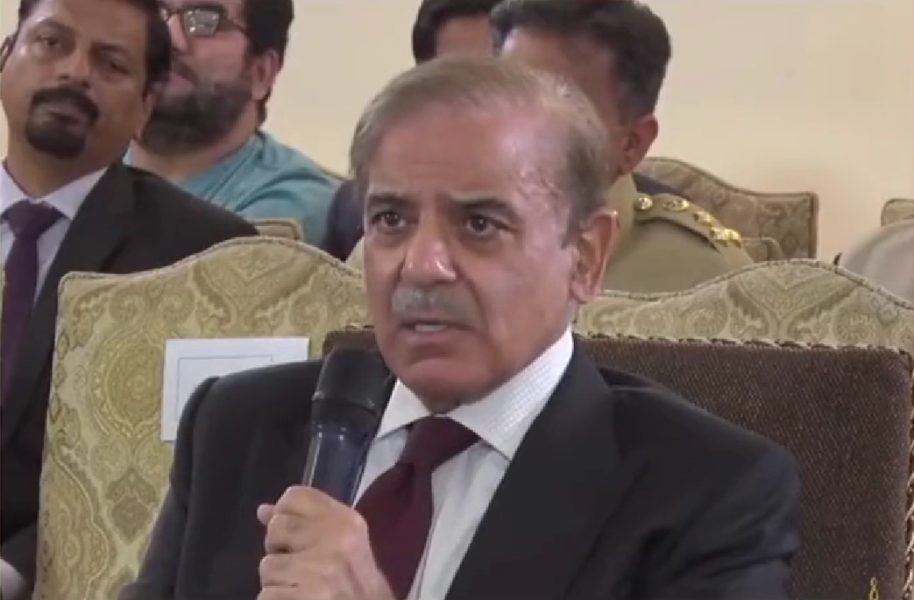
Pakistan on brink of economic collapse as IMF delegation lands today

With plummeting rupee, rising inflation and energy in short supply, Pakistan is facing a major economic crisis ahead of an International Monetary Fund (IMF) delegation’s visit to the trouble-torn nation, starting today.
Economy in total shambles
The country’s economy has been a complete mess for months now. Prime Minister Shehbaz Sharif resisted the IMF demand for increasing taxes and slashing subsidies as he apprehended backlash ahead of the crucial elections due in October this year.
However, with prospects of national bankruptcy looming large and no friendly countries willing to extend bailout packages, Islamabad has now started giving in to pressure.
Also read: Pakistan’s growing politico-economic crisis, IMF terms could fuel instability in region: Experts
“The economy has virtually collapsed due to mismanagement and political turmoil,” said Nasir Iqbal from the Pakistan Institute of Development Economics.
Timing of IMF delegation visit critical
Meanwhile, the IMF delegation will today land in Pakistan which is still coming to terms with the unprecedented floods that submerged a third of its territory. The warning signs are loud and clear with the country having less than $3.7 billion in the state bank — enough to cover just three weeks of imports.
Thousands of shipping containers are lying at Karachi port, as letters of credit are no longer being issued, except for essential food and medicines, leading to a massive backlog. Industry too is reeling under imports block and huge rupee devaluation. Public construction projects have halted, textiles factories have partially shut down, and domestic investment has slowed.
Cost of living making survival tough
People are finding it hard to eke out their livelihood, as daily wagers, carpenters and painters wait endlessly for someone to offer them work. It has led to a substantial increase in the number of beggars.
They are forced to cut down their food intake. “The prices of essential commodities have skyrocketed, making it unaffordable for many. We have our breakfast late and the second meal at around seven, with nothing in between,” said Ulfat, who declined to give her second name.
Also read: Pakistan, another Sri Lanka in the making?
Trapped in cycle of servicing external debt
Pakistan finds itself locked in a vicious cycle of servicing external debt. State Bank Governor Jamil Ahmed last month said the country owed $33 billion in loans and other foreign payments before the end of the fiscal year in June.
To top it all, Pakistan is also grappling with severe energy crisis owing to poor infrastructure and mismanagement. This too has compounded the woes of businesses and citizens.
Last week, the whole country was plunged into a day-long blackout because of a fault in the national grid that followed a cost-cutting measure.
Political chaos also to be blamed
Many attribute the economic crisis in Pakistan to the country’s political chaos, with former Prime Minister Imran Khan mounting pressure on the ruling coalition in his bid for early elections while his popularity remains high.
Imran had negotiated a multi-billion-dollar loan package from the IMF in 2019 before he was ousted last year in a no-confidence motion. However, he backed out on his word to slash subsidies and market interventions that had cushioned the cost-of-living crisis, causing the programme to stall.
Also read: Nawaz Sharif blames Gen Bajwa & Gen Faiz for Pakistans current turmoil
History replete with broken IMF deals
Interestingly, this has been a common pattern in Pakistan with more than 20 IMF deals brokered and then broken over the decades.
“We’re at the end of the road. The government has to make the political case to the public for meeting these (IMF) demands,” said former World Bank economist Abid Hasan. “If they don’t, the country will certainly default, and we’ll end up like Sri Lanka, which will be even worse,” he added.


